
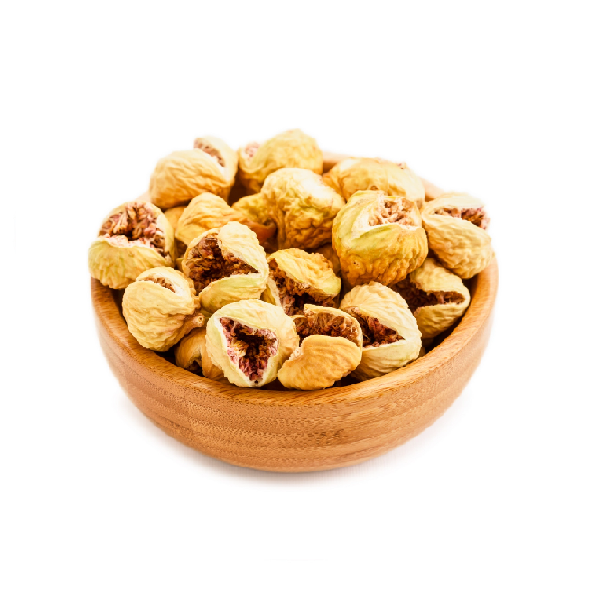
Iranian fig
is an indigenous plant of West Asia and its cultivation traces back to
thousands of years ago. Iranian fig is world renowned especially for its color
and size. This delicious and nutritious fruit which is available in both fresh
and dried types increases both physical and sexual power and contains
considerable amounts of iron, calcium, phosphorus, potassium, magnesium,
vitamins E, C, D, B6 and B12. Dried figs have 5 times more calories than fresh
figs. Iranian dried fig is produced without any additives and is completely
natural.
Bitatin
company produces and packages 5 kinds of figs:
A, AA, 3A, PPP, C
| No | Test factor | Test result | Daily value | Special comment |
|---|---|---|---|---|
| 1 | Simple carbohydrates (mono saccharides & disaccharides) | 75/5 % | --- | |
| 2 | Total fat | 4/4 % | --- | |
| 3 | Saturated fatty acid in 100 gram | 0.96 % | --- | According to Azmoongostar labratory report |
| 4 | Transient fatty acid in 100 gram | negative | --- | According to Azmoongostar labratory report |
| 5 | Protein | 5.68 % | --- | |
| 6 | Total carbohydrate | 77.92 % | --- | |
| 7 | Fiber | --- | --- | |
| 8 | Sodium(milligram in 100 gram) | 40 | --- | |
| 9 | Calcium(milligram in 100 gram) | --- | --- | |
| 10 | Total energy(kcal) | 382 | --- | In 100 gram |
| Row | Test parameter | Test result | Tolerance (national standard of Iran) | compatibility | Reference standard (National standard of Iran) |
|---|---|---|---|---|---|
| 1 | Odour,Flavor,Color | Normal | Normal | Compatible | 226 |
| 2 | Live pests | Negative | Negative | Compatible | 226 |
| 3 | Pest damage percentage (in weight) | N.D | Max 6 | Compatible | 226 |
| 4 | Foreign material percentage | Negative | Max 0.2 | Compatible | 226 |
| 5 | Dirt percentage | 0.2 | Max 3 | Compatible | 226 |
| 6 | Damaged berries percentage | N.D | Max 5 | Compatible | 226 |
| 7 | Undeveloped berries percentage | N.D | Max 3 | Compatible | 226 |
| 8 | Moist percentage | 8.9 | Max 12 | Compatible | 226 |
| 9 | Aflatoxin B1 | 0<0.1 | Max 5 | Compatible | 226 |
| 10 | Total Aflatoxin | 0<1 | Max 15 | Compatible | 226 |
| Row | Test factor | Test result | Tolerance | compatibility | Reference standard | Deficiency type |
|---|---|---|---|---|---|---|
| 1 | Escherichia coli | Negative | Negative | Compatible | -- | -- |
| 2 | Mold | 100> | Max 500 | Compatible | -- | -- |
| 3 | Coliform | 10> | Max 100 | Compatible | -- | -- |
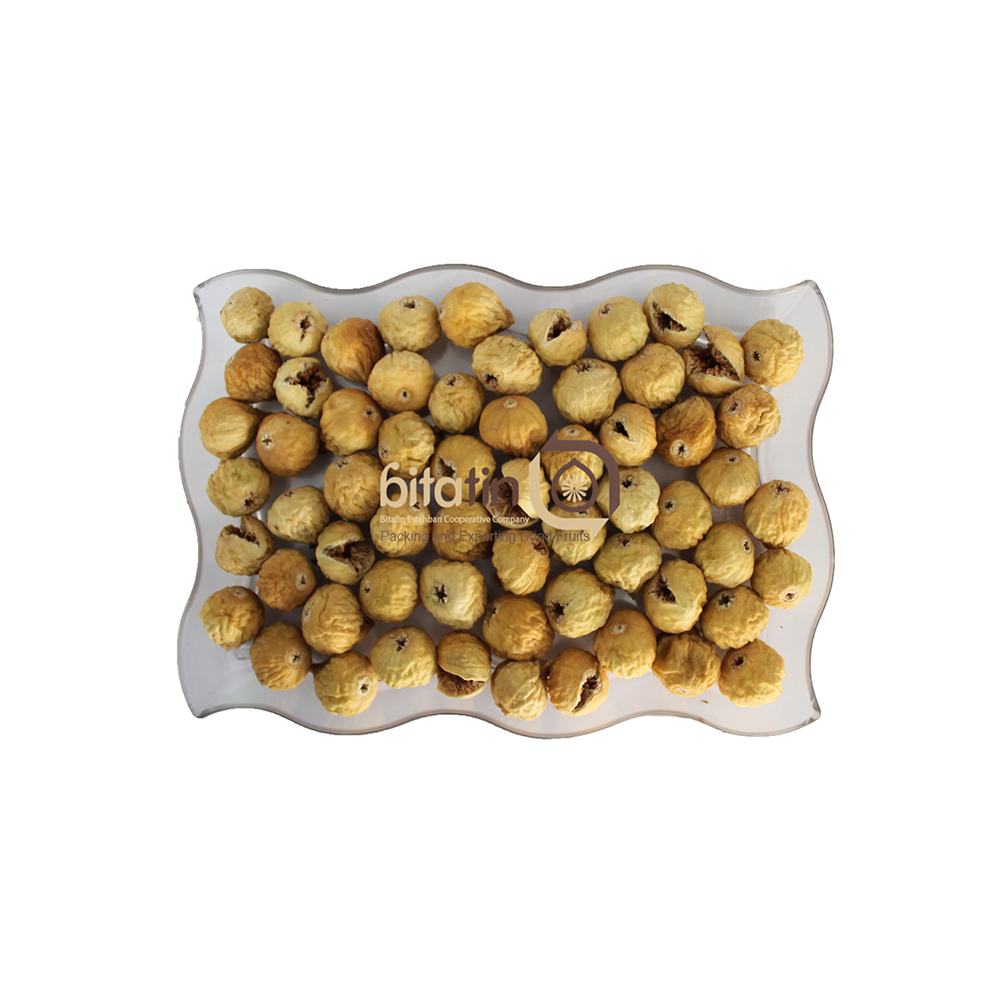
Grade A figs are 14-20 mm in size
(diameter) and are mostly yellow and white. Some of the figs in this grade are
also brown in color. Closed-mouthed
figs make up a higher percentage of figs in this grade and only a small number
of figs are open-mouthed. The classification of this grade based on color is as
the following :
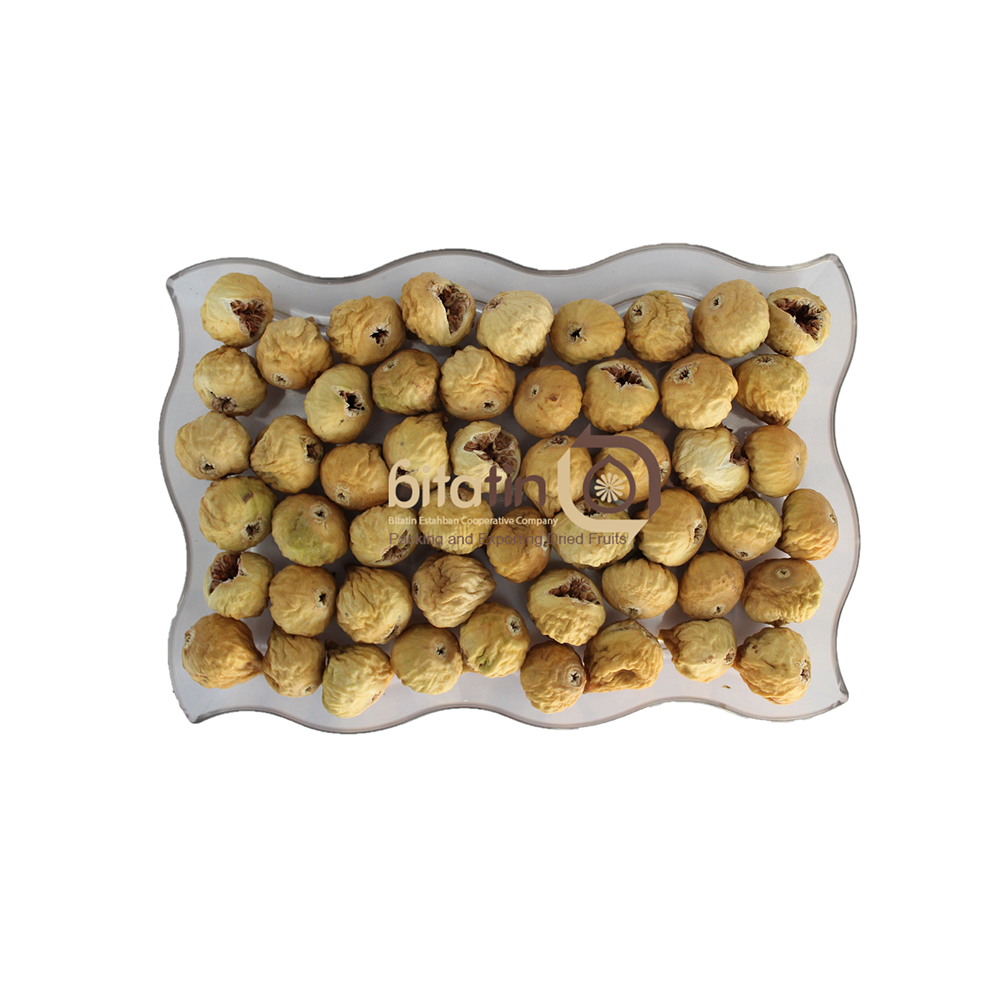
AA figs are 20-23 mm in size (diameter) and are mostly white
and yellow in color with a small number of brown berries. Compared to grade A
figs, the percentage of open-mouthed figs in this grade is much higher and are
classified based on color as the following :
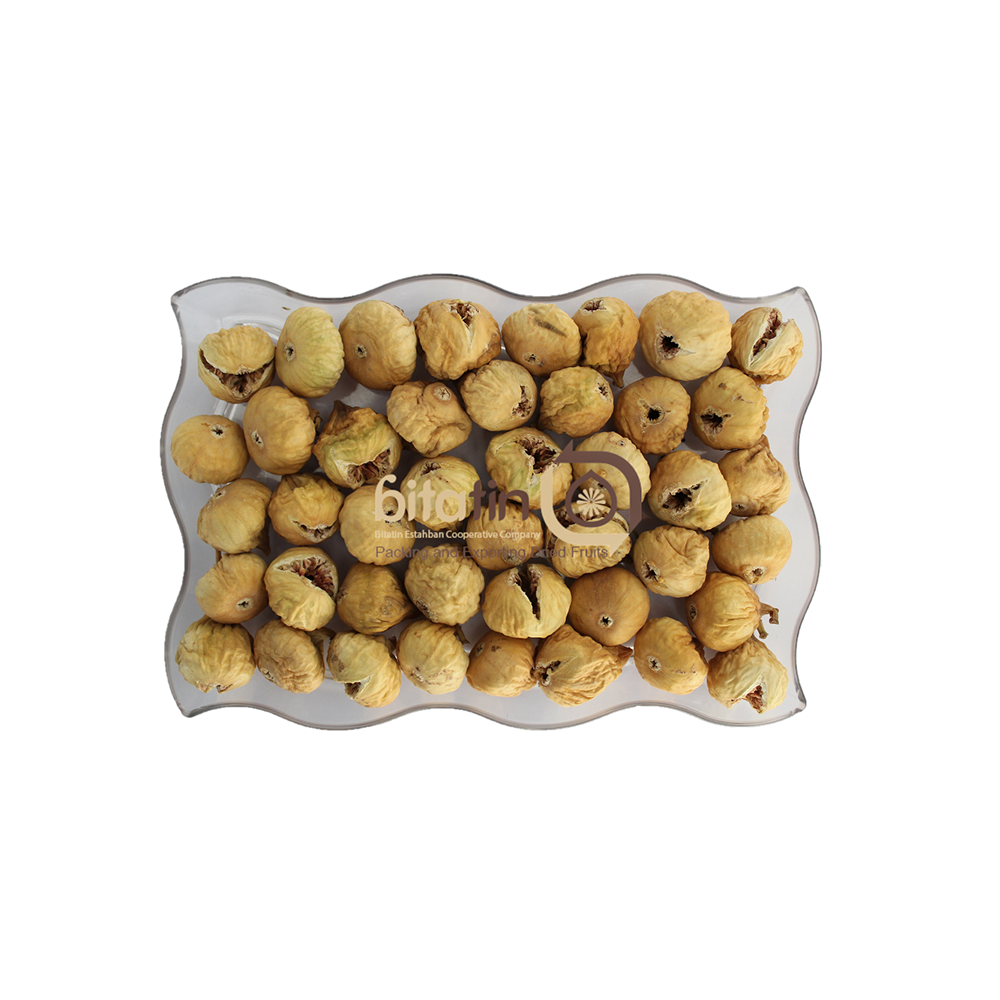
3A figs are more than 23 mm in size (diameter) and are white
and yellow in color. Some of the figs in this grade are also brown. Here, the
percentage of open-mouthed figs is higher compared to the two previous grades
and makes up the majority of the figs. This grade is classified as below:
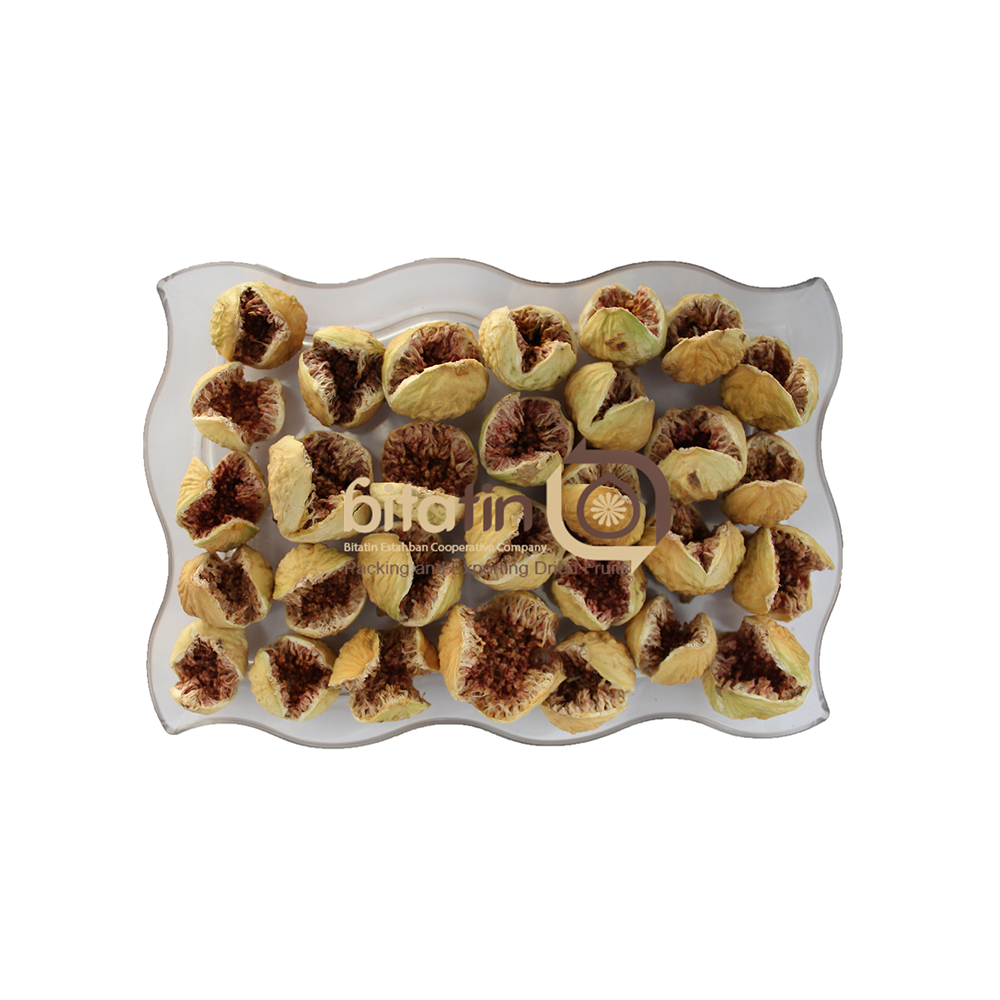
After being size-sorted, the biggest size, the most
open-mouthed and the lightest colored figs that come out of the size sorting
machine are called Parak figs. This grade is also known as the most expensive
and the most luxurious grade among all the other types.
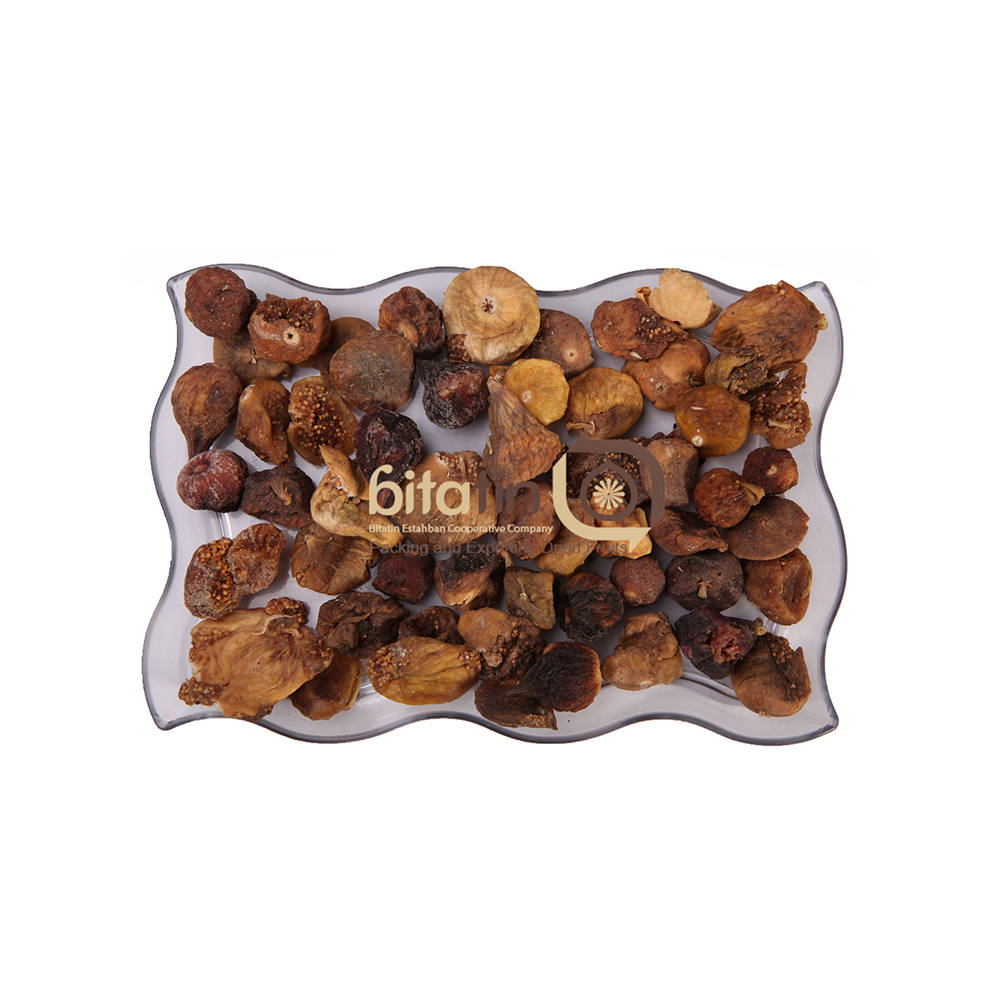
The figs that are broken, damaged or
deformed during the collecting, transportation, storage or sorting processes
are called grade C figs. This grade of fig is not suitable for the dried fruit
market and is mostly used for industrial purposes and being processed in to
paste, liquid sugar, jam, etc. It can also be used in biscuits, cookies, and
chocolate or in drug, cigarette and honey bee food industries.